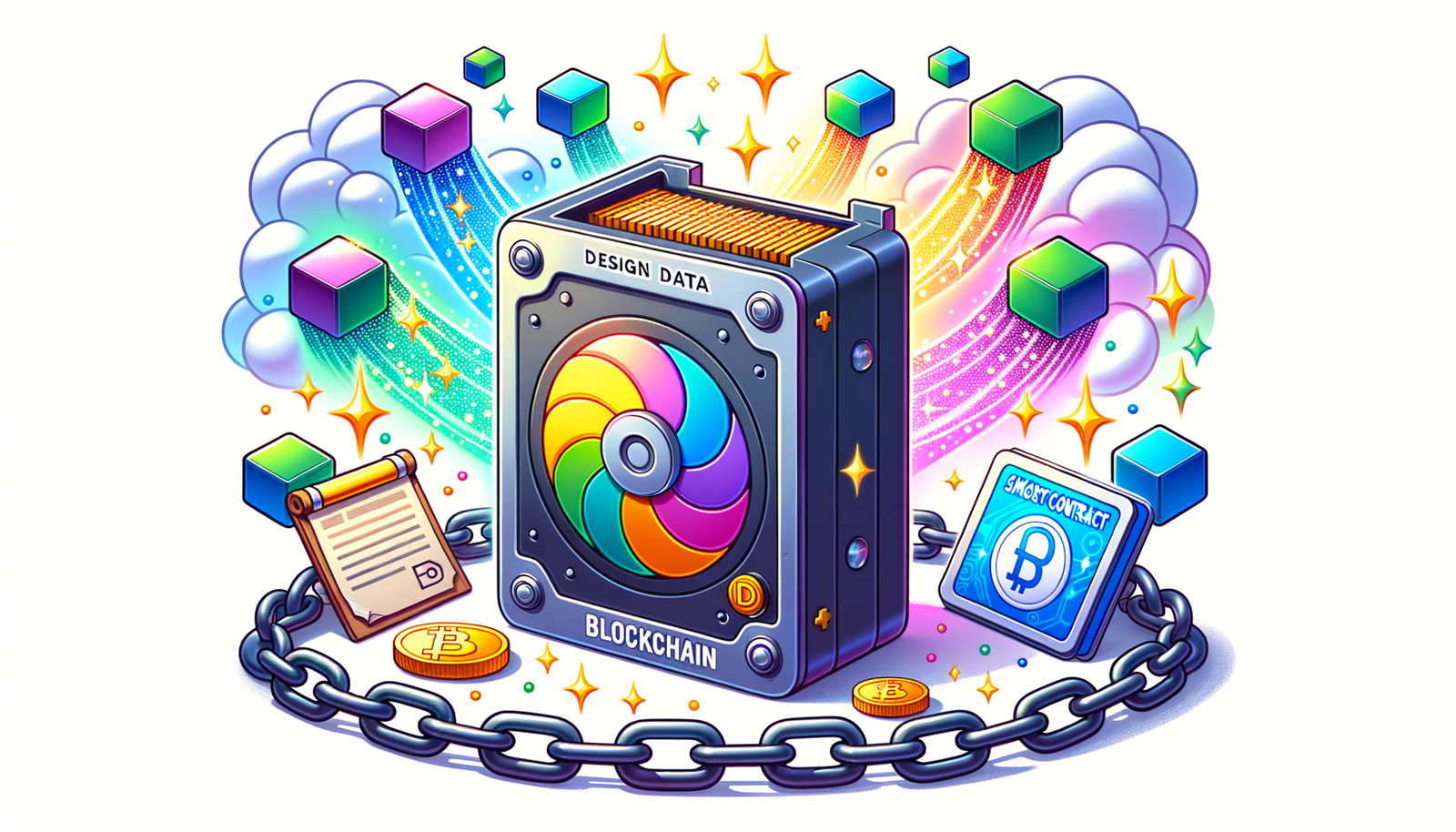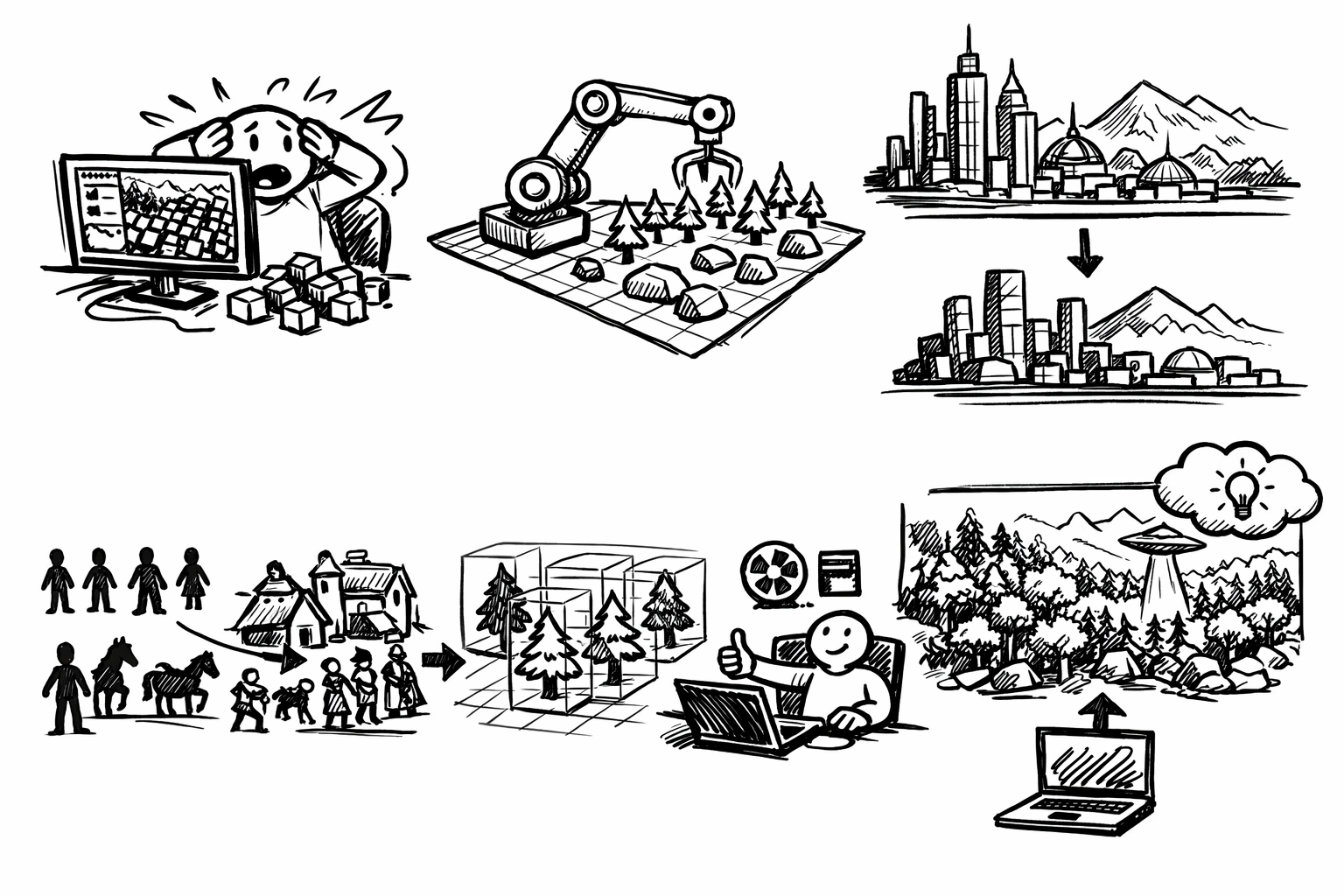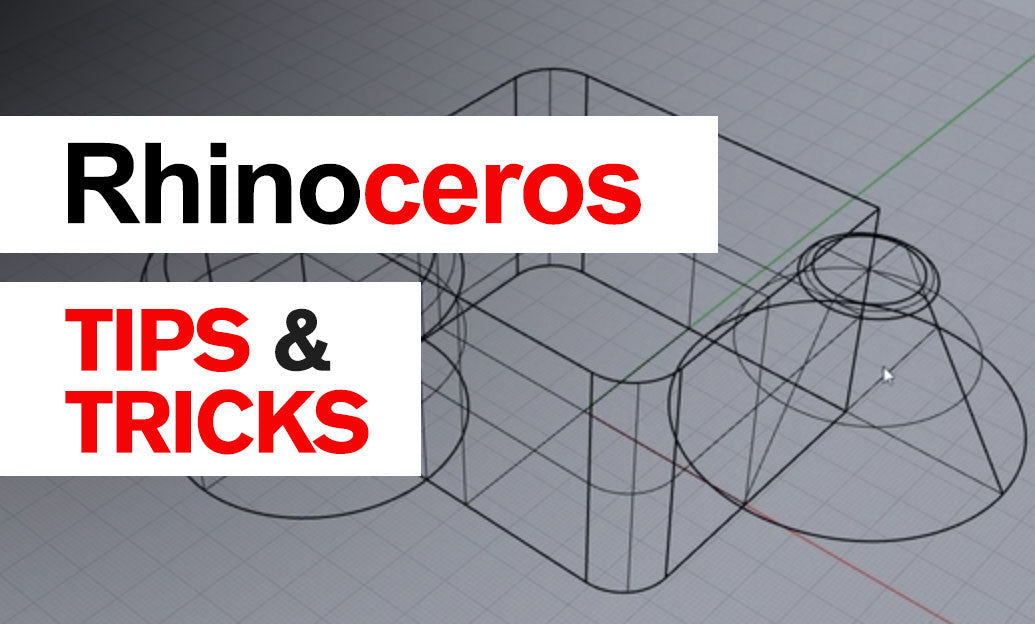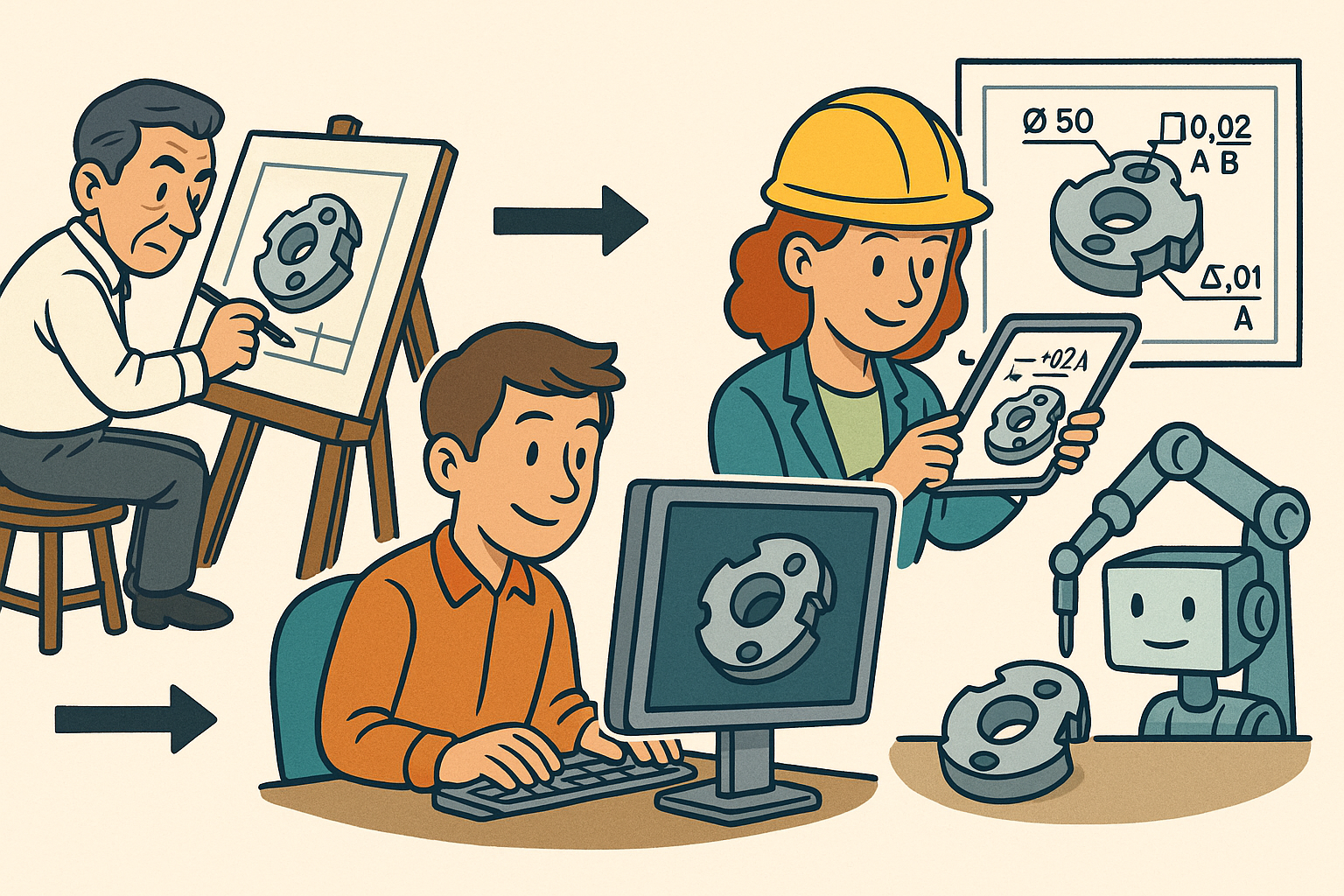Your Cart is Empty
Customer Testimonials
-
"Great customer service. The folks at Novedge were super helpful in navigating a somewhat complicated order including software upgrades and serial numbers in various stages of inactivity. They were friendly and helpful throughout the process.."
Ruben Ruckmark
"Quick & very helpful. We have been using Novedge for years and are very happy with their quick service when we need to make a purchase and excellent support resolving any issues."
Will Woodson
"Scott is the best. He reminds me about subscriptions dates, guides me in the correct direction for updates. He always responds promptly to me. He is literally the reason I continue to work with Novedge and will do so in the future."
Edward Mchugh
"Calvin Lok is “the man”. After my purchase of Sketchup 2021, he called me and provided step-by-step instructions to ease me through difficulties I was having with the setup of my new software."
Mike Borzage
Enhancing Design Data Integrity with Blockchain: Decentralization, Immutability, and Smart Contracts
September 07, 2024 4 min read


The Role of Blockchain in Ensuring Design Data Integrity
Introduction
Blockchain technology has emerged as a revolutionary force capable of transforming various industries by ensuring the integrity and security of data. Initially known for its application in cryptocurrency, blockchain's decentralized and immutable nature presents significant advantages in the realm of design data.
Data integrity is paramount in the design sector, where discrepancies can lead to severe consequences such as project delays, financial losses, and compromised quality. The integration of blockchain technology can address these issues, offering a robust solution to maintain design data integrity.
Blockchain Fundamentals Relevant to Design Software
Decentralization
At the core of blockchain technology is decentralization. Unlike traditional centralized systems where data is stored in a single location, blockchain operates on a network of distributed nodes. This decentralized approach offers numerous benefits for design data:
- Resilience against single points of failure: With data distributed across multiple nodes, the system is more robust and less susceptible to failures or attacks targeting a central server.
- Enhanced security: Decentralization reduces the risk of data tampering, as altering records would require compromising the majority of nodes in the network.
Immutability and Transparency
Blockchain ensures that once data is recorded, it cannot be altered without detection. This immutability is crucial for maintaining the integrity of design data. Additionally, blockchain provides transparent audit trails that record every transaction and modification, enabling thorough verification of design revisions:
- Transparent audit trails: Every change to the design data is logged and traceable, allowing for accountability and verification.
- Immutable records: Once data is entered into the blockchain, it cannot be changed, which ensures the authenticity and reliability of design information.
Smart Contracts
Smart contracts are self-executing contracts with the terms of the agreement directly written into code. They automatically enforce rules and standards within the design process, ensuring compliance and streamlining workflows:
- Automated enforcement: Design standards and rules can be encoded into smart contracts, ensuring they are consistently followed without manual intervention.
- Contract-driven processes: Smart contracts can facilitate complex design workflows, from approval processes to material procurement, by executing predefined conditions automatically.
Applications and Benefits in the Design Industry
Version Control and Collaboration
Blockchain enhances version control by providing a secure, immutable record of design changes. This ensures that all stakeholders are working with the most up-to-date and verified information, fostering better collaboration:
- Immutable design records: Every iteration and modification is securely logged, creating a verifiable history of design changes.
- Shared, trusted data sources: All participants in the design process can access a single, trustworthy source of truth, reducing misunderstandings and errors.
Intellectual Property Protection
Protecting intellectual property is a significant concern in the design industry. Blockchain provides proof of creation and ownership through timestamped records, preventing unauthorized modifications and duplications:
- Proof of creation: Designers can register their work on the blockchain, creating a timestamped record that proves the originality and ownership of the design.
- Prevention of unauthorized changes: The immutable nature of blockchain ensures that once a design is recorded, it cannot be altered without detection, protecting against unauthorized modifications.
Supply Chain and Component Authentication
Blockchain can enhance the authentication of components and materials in the design and manufacturing process. By tracking the origin and authenticity of each part, blockchain helps reduce the risks associated with counterfeit components:
- Tracking origin and authenticity: Every component can be traced back to its source, ensuring its authenticity and quality.
- Reducing counterfeit risks: Blockchain's transparent and immutable records prevent counterfeit parts from entering the supply chain, safeguarding the integrity of the final product.
Case Studies and Future Outlook
Current Implementations
Various projects and companies have started to integrate blockchain technology within their design software to ensure data integrity. These implementations demonstrate the practical benefits and potential of blockchain in real-world scenarios. While some companies have reported significant success, others provide valuable lessons on the challenges and best practices for adopting blockchain in design processes.
Challenges and Limitations
Despite its potential, blockchain technology faces several technical and regulatory hurdles. The scalability of blockchain networks and their integration with existing systems are primary concerns. Additionally, regulatory frameworks surrounding the use of blockchain in different industries are still evolving, posing potential challenges for widespread adoption.
Future Trends and Innovations
The future of blockchain technology in design software is promising, with expected advancements that could further enhance its capabilities. Innovations in blockchain protocols may address current scalability issues, while the development of new applications could unlock additional benefits for the design industry. As blockchain technology continues to evolve, its impact on design software and related fields is likely to grow, offering new opportunities for improving data integrity and collaboration.
Conclusion
Blockchain technology plays a crucial role in ensuring the integrity of design data. By leveraging its decentralized, immutable, and transparent nature, blockchain addresses key challenges in maintaining accurate and reliable design records. The benefits of blockchain extend to version control, intellectual property protection, and supply chain authentication, making it a valuable tool for the design industry.
Design professionals and organizations are encouraged to explore and adopt blockchain technology to enhance their processes and safeguard their data. Continued research and development in this field will further refine and expand the applications of blockchain, driving innovation and improving data integrity across the design landscape.
For those interested in integrating blockchain into their design workflows, the next steps include evaluating current blockchain solutions, understanding their potential impact, and staying informed about emerging trends and best practices in the industry.
Also in Design News
Subscribe
Sign up to get the latest on sales, new releases and more …





